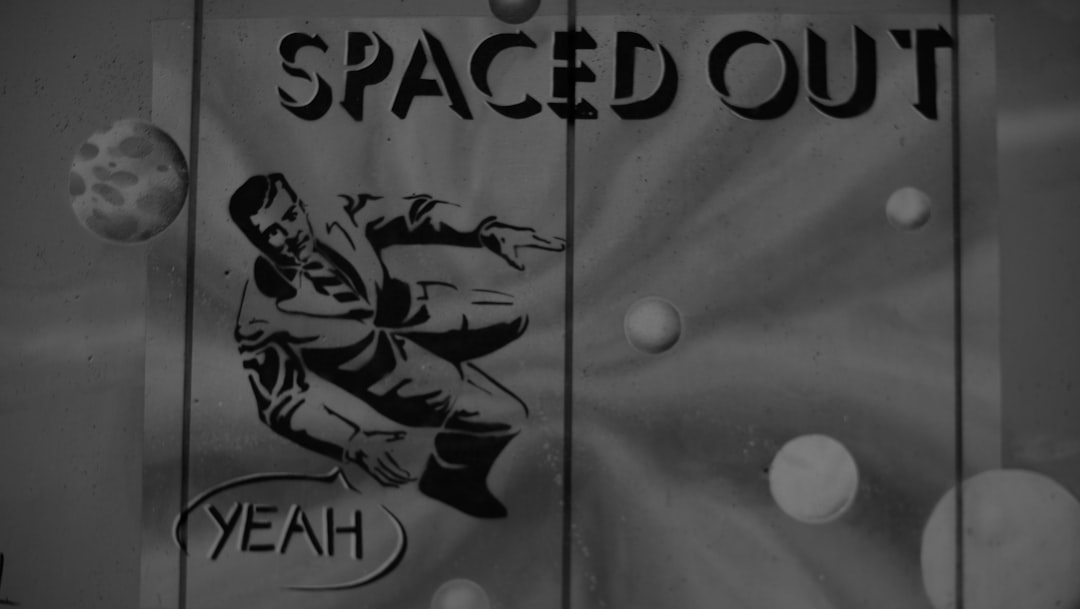When Spacefarers Turn Lawmakers: Should Astronauts Go from Orbit to Office?
America has always revered its astronauts. We put them on postage stamps, name schools after them, and hang on their every word when they describe gazing down on the blue marble from space. But as former astronauts increasingly swap their space boots for campaign shoes, we must ask: Should the politicians of tomorrow come from the launchpads of today?
The Astronaut Mystique
Astronauts command unique respect. They’re the epitome of discipline, bravery, and technical mastery—a kind of living myth. Their stories inspire children and adults alike. But does piloting a spacecraft prepare anyone for the messy, morally ambiguous, and often deeply cynical world of American politics?
The Case For: Astronauts as Visionaries
Astronauts operate at the edge of the possible, managing crises in zero gravity, cooperating across cultures, and relying on facts and science to make split-second decisions. Advocates say those skills are exactly what our dysfunctional legislatures lack: rationality, internationalism, and a deep commitment to evidence.
Table 1: Skills Astronauts vs. Typical Politicians
| Skill/Attribute | Astronauts | Typical Politicians |
|---|---|---|
| Scientific Rigor | High | Often limited |
| Risk Management | Critical, routine | Variable |
| Global Perspective | Firsthand, expansive | Often parochial |
| Communication | Technical, articulate | Persuasive, sometimes vague |
| Teamwork | Mission-dependent | Partisan, coalition-based |
The Case Against: Space Suits Don’t Fit City Hall
Yet, there’s a risk of fetishizing the astronaut. Spaceflight is a meticulously planned, hierarchical enterprise with clear rules and objectives. Politics is chaos incarnate: governing means bargaining, backtracking, and sometimes dirty hands. What if our obsession with “outsider candidates” sours when they confront the daily grind of constituent services, pork-barrel deals, and potholes?
Ethical Dilemma: Is Space Experience Overhyped?
It’s worth asking if we’re conflating heroism with wisdom. As celebrated as astronauts are, does docking a Soyuz qualify someone to legislate on healthcare or civil rights? Or are we, once again, dazzled by celebrity, ready to elect anyone with a dazzling backstory instead of proven governance?
Table 2: Pros and Cons of Astronauts in Office
| Pros | Cons |
|---|---|
| Strong public trust and credibility | Lack of legislative experience |
| Commitment to science and innovation | Potential naivety in realpolitik |
| Inspirational role models | Risk of issues outside expertise |
The Cultural Paradox: Science vs. Populism
The astronaut-politician is a Rorschach test. To some, these modern Argonauts symbolize progress—people who can bring scientific clarity to a “post-truth” landscape. To others, their ascension underscores celebrity’s grip on American democracy. More than ever, we hunger for leaders who seem above the mud, even as politics demands willingness to wade in the muck.
Notable Developments: The Astronaut Turned Politician Trend
From John Glenn's decades in the Senate to the brief campaigns of Mark Kelly and others, the pipeline from space to statecraft is real—and contentious. In an era when public trust in institutions and “career politicians” plummets, the astronaut-turned-candidate is both a symbol of hope and a symptom of our political malaise.
Conclusion: The Sky Is Not the Limit—But Is It the Right Launch Pad?
Do we need more scientists or statesmen? Should spacewalking experience be a stepping stone to lawmaking? Or are we naively hoping a cosmic perspective can rescue politics from gravity?
In a country obsessed with outsized heroes, perhaps it’s time to ask whether we need fewer icons from the stars, and more honest-to-goodness public servants grounded firmly on Earth.
This article was inspired by the headline: 'Terry Virts, Former Astronaut, Announces Texas Senate Run - The New York Times'.

Comments
No comments yet. Be the first to comment!